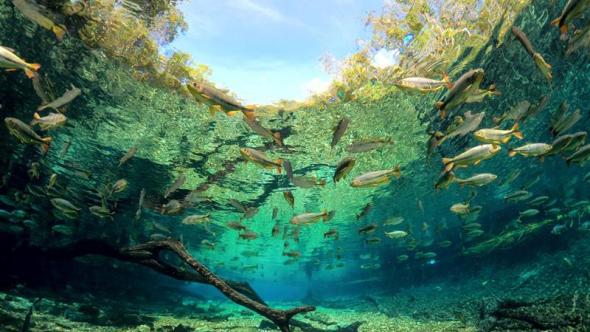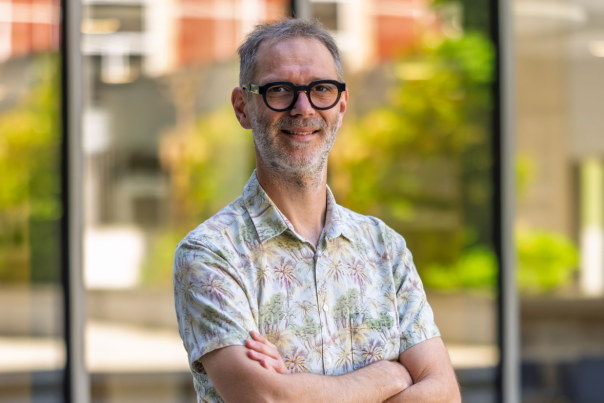In 2021, Professor Frédérik De Laender was approached by American researchers to contribute to a study on the evolution of aquatic diversity in rivers in the USA. The aim: to analyze changes in aquatic diversity and identify the factors behind them. To answer this question, the researchers analyzed data collected over thirty years, covering 389 fish species in nearly 3,000 rivers and streams.
"There was already a lot of data on aquatic diversity in the USA, but it was scattered, recorded in different formats and produced using a variety of techniques and methodologies," explains Frédérik De Laender. "The challenge was therefore to harmonize them, in order to form a coherent whole, capable of revealing trends over several decades and on a continental scale."


